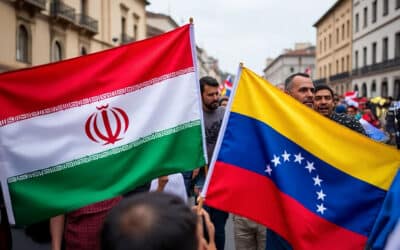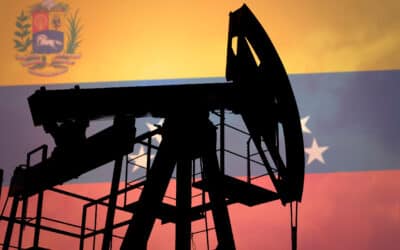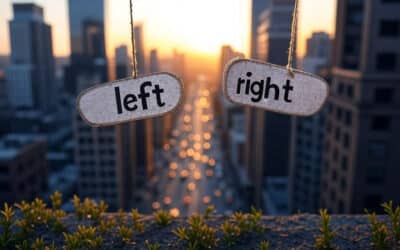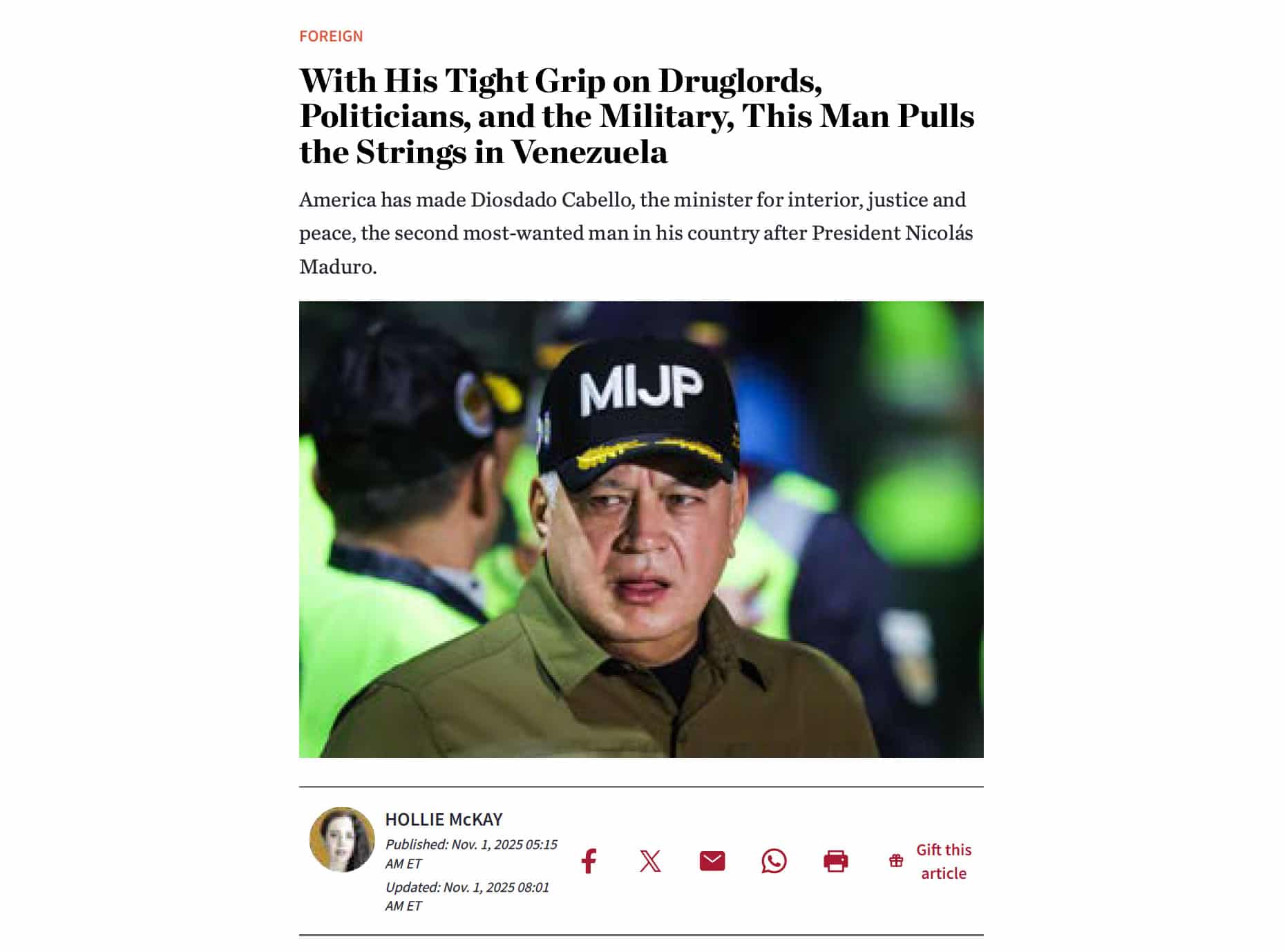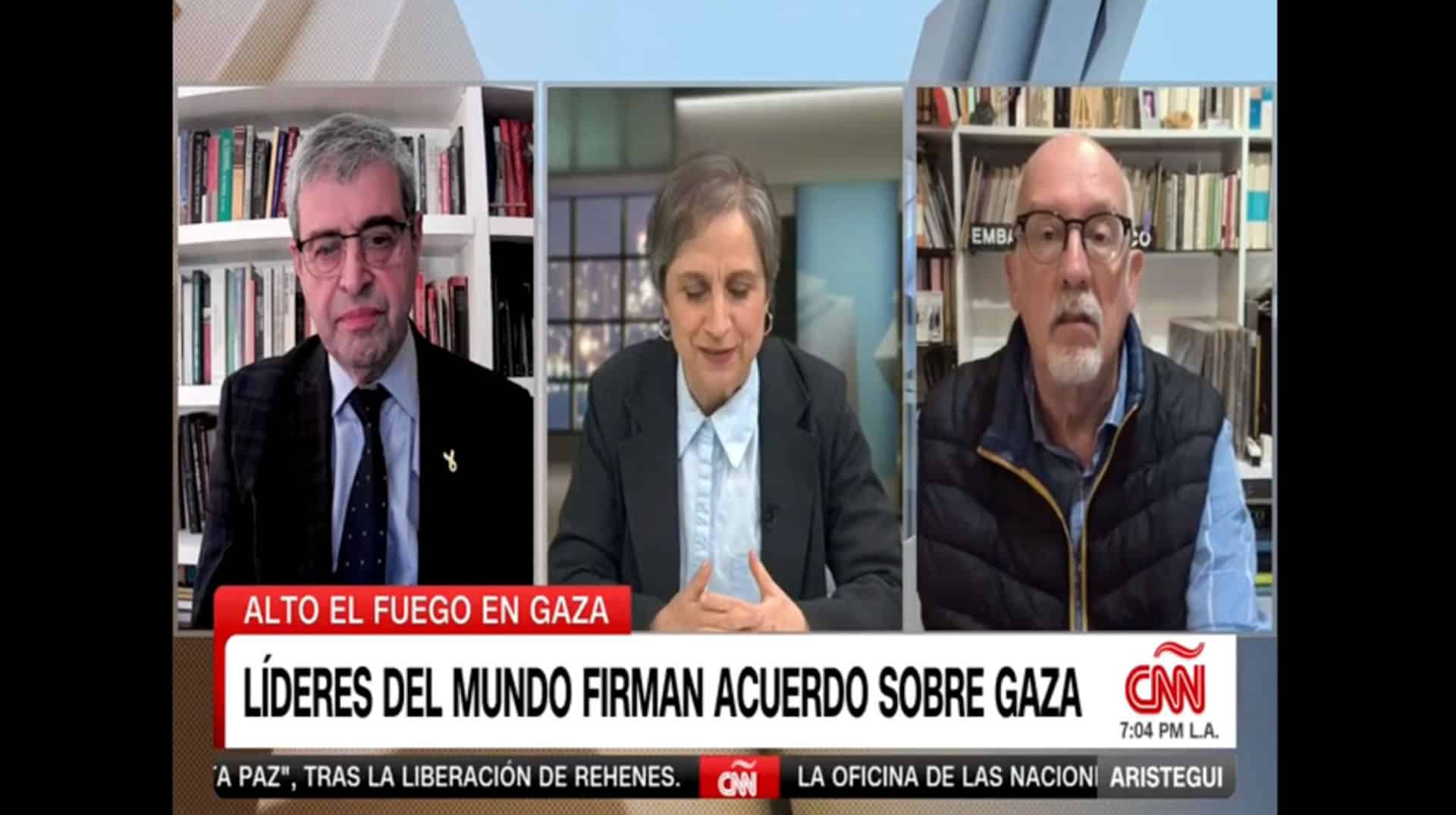Twenty years of US neglect have created space for adversaries to build permanent footholds in the Western Hemisphere. Iran and other adversaries are quietly building an operational network in America’s backyard, one that sanctions alone cannot dismantle.
We are a Non-Partisan Public Policy Organization, a Research Center, and a Think Tank.
The Center is a gathering of scholars, experts and community stakeholders, that engage in research and dialogue in an effort to create practical policy recommendations and solutions to current local, national, and international challenges.
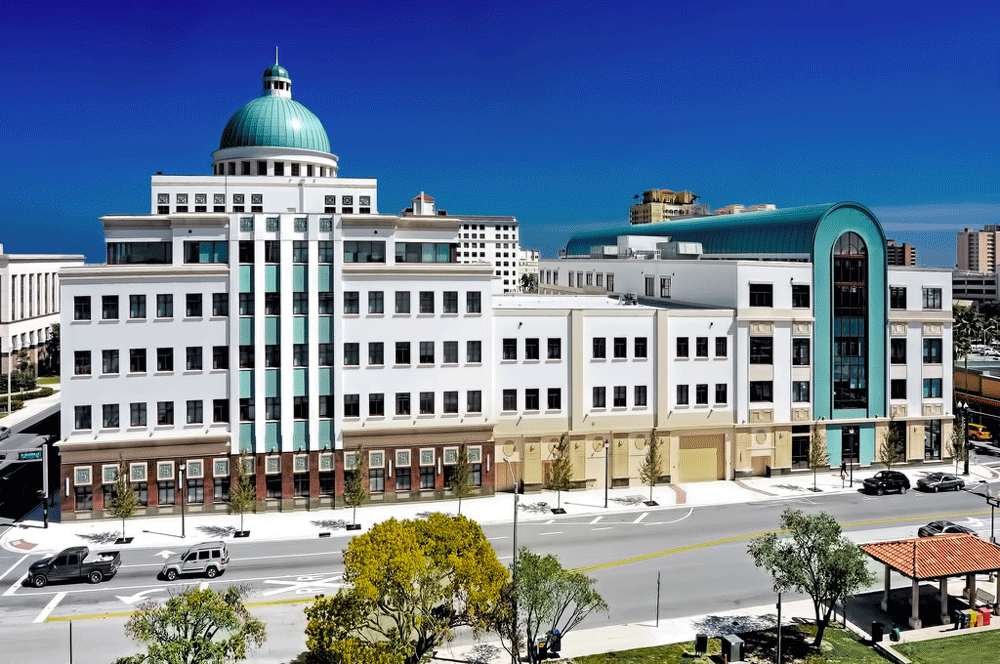
Latest Articles
Israel’s war of necessity
The writer, a professor of political science at Florida Atlantic University, was a chief of emergency of the Red Cross in East Beirut during Lebanon’s civil war and a project manager of the US State Department-funded Iraq Research an a discursive look at the myriad of statements on Israel’s war with Iran issued across social media reveals the extent to which the Jewish state has been criticized or vilified for attacking Iran.
Removing Licenses from American Oil Companies Operating in Venezuela Might be a Strategic Mistake
Denying authorization to Chevron and other American oil companies in Venezuela will only create a vacuum that will be filled by countries hostile to the United States.
Resuming The Debate over The Muslim Brotherhood in United States
Members of the MB were caught planning sabotage activities in Amman. Jordan’s interior minister Mazin al-Farrayeh, declared a total ban on the group in a press briefing, saying that “any activity by the group, regardless of its nature, is considered a violation of the law”. He also emphasized that “affiliation and any interaction with the group is now banned and that promotion of its & ‘ ideology ‘ will result in criminal prosecution.”
The ‘Deep State’ May Not Be As Bad – OpEd
The term “deep state” has been repeatedly heard since Donald Trump was first elected president in 2016. In this view, the “deep state” has been interpreted to mean the federal agencies of the executive branch composed of unelected bureaucrats standing in the way of presidential policies.
Bombing the Houthis Is a Good Start, but a Successful Strategy Must Be Broader
The U.S. Campaign Must Combine Military Force, Aggressive Diplomacy, Economic Warfare, and Influence Operations
We believe in informed and collaborative thinking. Supporting the Center promotes independent ideas, bridges gaps, and helps develop effective policies that genuinely make a difference.
Invest in a brighter future. Donate to The Palm Beach Center for Democracy and Policy Research today.
PB/CD&PR – WEBINARS
ICE & Immigration Enforcement Practices: Law, Rights and Lessons Learned
Featured in the News
We, the Palm Beach Democracy Center, are acknowledged as a source in this article.
Kindly access it via the following link.
Trump enviará 200 soldados a Gaza
Trump enviará 200 soldados a Gaza
Join the Conversation
Stay up to date with our newsletter!
Enter your mail to receive monthly updates, events and recaps.

The Center is a gathering of scholars, experts and community stakeholders, that engage in research and dialogue in an effort to create practical policy recommendations and solutions to current local, national, and international challenges.
EXPLORE THE CENTER
FOCUS AREAS
©2025 The Palm Beach Center for Democracy and Policy Research. All Rights Reserved

